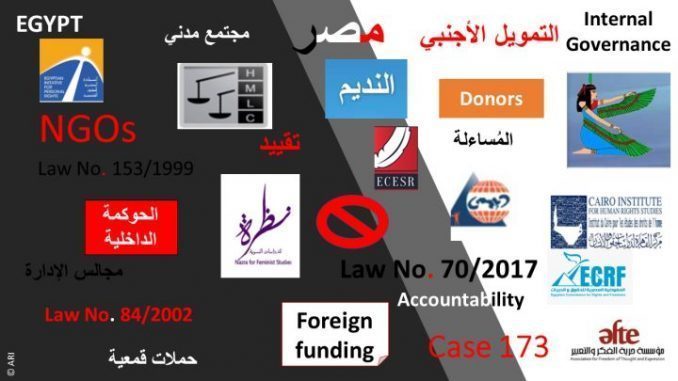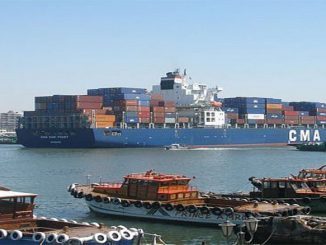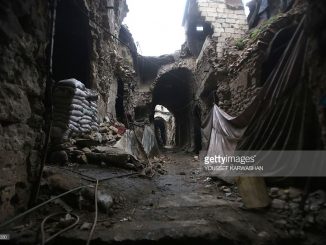
Five UN human rights experts have warned that Egypt is creating a climate of fear for Egyptian civil society organizations ahead of COP27
Five United Nations human rights experts yesterday warned that the Egyptian government is creating a “climate of fear” for Egyptian civil society organizations, ahead of COP27; and called on authorities to “ensure the safety and full participation of all parts of civil society” at the climate conference.
Egypt must ensure the safety and full participation of all parts of civil society at the UN Framework Convention on Climate Change (UNFCCC) Conference of Parties (COP27) in November, UN human rights experts said, after a wave of government restrictions on participation raised fears of reprisals against activists.
This new wave follows years of persistent and sustained crackdowns on civil society and human rights defenders using security as a pretext to undermine the legitimate rights of civil society to participate in public affairs in Egypt.
“Arrests and detention, NGO asset freezes and dissolutions, and travel restrictions against human rights defenders have created a climate of fear for Egyptian civil society organizations to engage visibly at the COP27,” the experts said.
The five special rapporteurs noted that Egyptian NGOs have “previously been subject to harassment, intimidation, and reprisals for cooperating with the UN.
“In one darkly ironic example, Egyptian authorities forcibly disappeared Association of the Families of the Disappeared co-founder Ibrahim Metwally while he was traveling to a session of the UN Working Group on Enforced and Involuntary Disappearances.”
The experts also voiced concern over “a lack of information and transparent accreditation criteria for Egyptian NGOs,” “a coordinated increase in hotel room rates,” “undue restrictions to freedom of peaceful assembly outside the COP27 venue,” and “unjustified delays in the provision of visas to those traveling from abroad.”
Civil society plays an essential role in the advancement of climate action, and the experts underscored that Egypt should ensure safe and meaningful participation at COP27, including for independent civil society.
“Instead of further limiting their rights,” the five declared, “civil society actors and human rights defenders, including those working on climate rights, must be given an opportunity to raise awareness about their views and protection needs.”
The experts expressed their support to calls by civil society that the UNFCCC Secretariat should develop human rights criteria that countries hosting future COPs must commit to meeting as part of the host agreement.
They also called on the COP’s organizers to develop human rights criteria to which future hosts must commit. The next COP will be held in the UAE, another country with a long record of suppressing civil society. The UAE’s government also consistently refuses to allow UN human rights experts to visit the country.
The experts are: Mr. Ian Fry, Special Rapporteur on the promotion and protection of human rights in the context of climate change; Ms. Mary Lawlor, Special Rapporteur on the situation of human rights defenders; Ms. Fionnuala Ní Aoláin, Special Rapporteur on the promotion and protection of human rights while countering terrorism; Mr. Clément Nyaletsossi Voule, Special Rapporteur on the rights to freedom of peaceful assembly and of association; Ms. Irene Khan, Special Rapporteur on the promotion and protection of the right to freedom of opinion and expression.
It is to be mentioned that The Washington Post reported yesterday that US President Joe Biden will attend COP27 in Egypt, though White House Assistant Press Secretary Abdullah Hasan said the president’s travel is still not confirmed.



